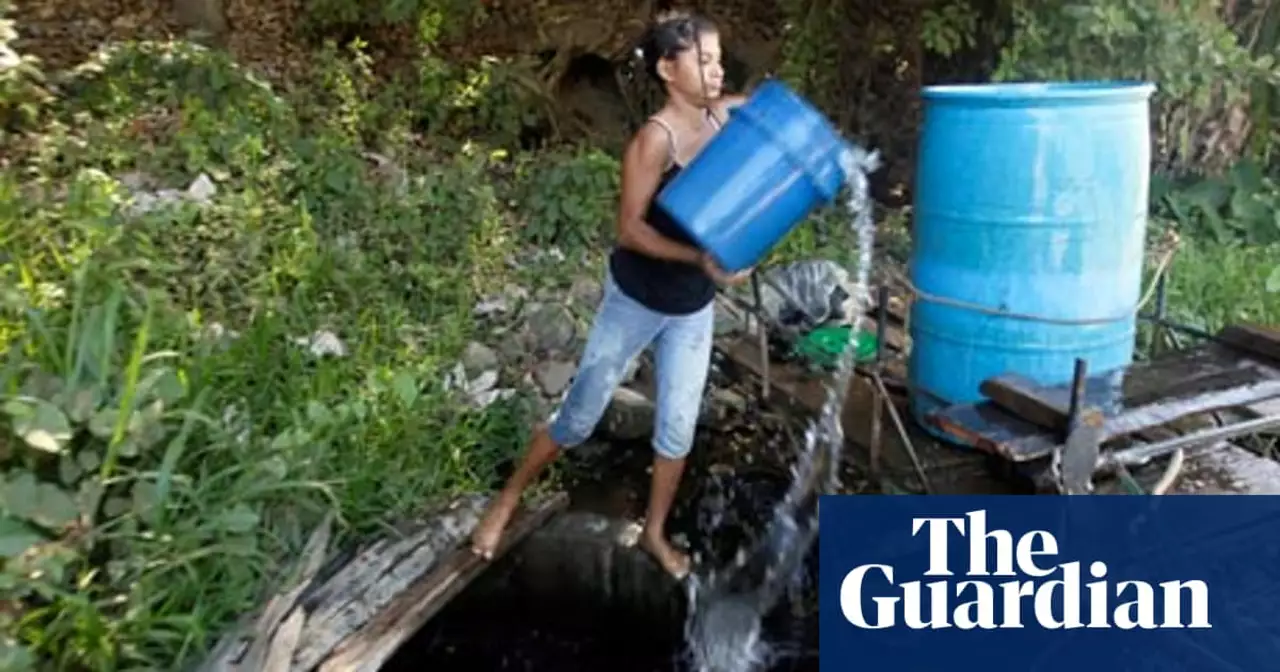How Deforestation is Contributing to Pollution: Exploring the Impact of Natural Resource Extraction
Deforestation is one of the most significant causes of pollution in the world. It is the process of clearing away large areas of forest for other uses such as agriculture, housing, and infrastructure. As a result, the trees are removed from the land, and the soil is exposed to the elements, leading to erosion and soil degradation. This erosion can contribute to the pollution of waterways, and the soil itself can be polluted with toxins from the deforestation process.
The removal of trees from a forest also means that less carbon dioxide is removed from the atmosphere. This can contribute to global warming as the lack of trees increases the amount of carbon dioxide in the atmosphere. The lack of trees also reduces the amount of oxygen in the air, contributing to air pollution.
The process of deforestation also has an impact on wildlife and biodiversity. The removal of trees and shrubs can destroy the habitat of animals, leading to a decrease in biodiversity. This can lead to a decrease in the number of species, as well as a decrease in the number of individuals of those species. This is a serious problem that can have long-term effects on the environment.
The pollution caused by deforestation can be minimized if proper steps are taken. Replanting trees and shrubs in the areas that have been cleared can help to reduce the amount of pollution caused by deforestation. Additionally, the use of sustainable practices in forestry can help to reduce the amount of pollution as well. This can include using more efficient methods of harvesting trees, as well as making sure that the trees that are harvested are replanted.
In conclusion, deforestation is a major cause of pollution in the world. It can lead to soil erosion, air pollution, and a decrease in biodiversity. Taking steps to reduce the amount of deforestation can help to reduce the amount of pollution caused by this natural resource extraction. Implementing sustainable forestry practices and replanting trees in the areas that have been cleared can help to reduce the amount of pollution caused by deforestation.
Understanding the Impact of Oil Drilling on Water Pollution: Examining the Consequences of Extracting Natural Resources
Oil drilling is one of the most common methods of extracting natural resources, and it has been used for centuries. While it has been a great source of energy and economic growth, it has also been linked to water pollution, impacting the environment and human health. This article examines the impact of oil drilling on water pollution and the consequences of extracting natural resources.
The Link Between Oil Drilling and Water Pollution
Oil drilling can lead to water pollution in a number of ways. The most common forms of pollution are caused by spills or leaks, which can occur during the drilling process. Oil can also seep into the ground and contaminate groundwater, which can be a source of drinking water for humans and animals. Additionally, the chemicals used in the drilling process can seep into the water, leading to contamination. In some cases, oil can also be released into the air, leading to air pollution.
The Consequences of Oil Drilling
The consequences of oil drilling can be severe. Water pollution can lead to a decrease in the quality of drinking water, as well as the destruction of vital ecosystems. In addition, air pollution from oil drilling can lead to respiratory health issues in humans and animals. Additionally, the chemicals used in the drilling process can have long-term effects on the environment, leading to environmental degradation.
Preventing Water Pollution from Oil Drilling
Fortunately, there are steps that can be taken to prevent water pollution from oil drilling. Companies should ensure that their drilling operations are conducted in an environmentally responsible manner. This should include regular inspections and maintenance, as well as the use of safety protocols. Additionally, companies should invest in technologies that can help reduce the amount of oil and chemicals released into the environment. Finally, governments should create regulations and laws to ensure that companies are following proper procedures.
Conclusion
Oil drilling is a necessary part of our economy, but it can lead to water pollution and other negative consequences. To prevent these negative effects, companies and governments should take steps to ensure that oil drilling is conducted in an environmentally responsible manner. By doing so, we can ensure that our natural resources are used responsibly and that our environment is protected.

